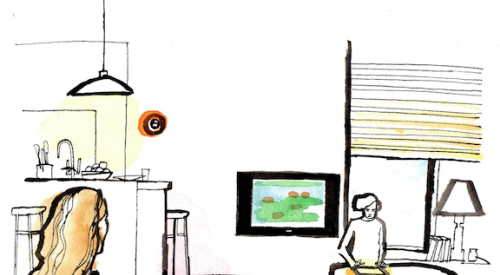Nest. Ring. Alexa. Google Home. Sonos.
Smart home tech is all around us. And the applications for IoT products in residential construction expand each year: lighting, security, water leak detection, door locks, entertainment, HVAC. The possibilities are endless.
The market for Internet of Things devices like Ring and Nest has exploded into a multi-billion-dollar business during the past half-decade. These products offer the possibility of convenience, control, cost savings, and peace of mind.
But they also raise concerns over privacy and security. The topic has been discussed for years, but not formally researched--until now.
Armed with a $10 million grant from the National Science Foundation, a research team led by Dartmouth College has launched a five-year research study to explore privacy and security issues with IoT tech.
Tufts University computer science professor and cybersecurity expert Susan Landau will lead the research efforts focused on "the tradeoffs industry has to make between efficiency, interoperability, transparency—and seeing how to enable privacy within those needs,” Landau told the Tufts Now.
“We’re beginning to understand home IoT devices’ impact, but they are not so fully embedded everywhere that we can’t change their design to improve their privacy and security capabilities,” she said.
The project, Security and Privacy in the Lifecycle of IoT for Consumer Environments (SPLICE), involves 10 faculty investigators from Dartmouth, Johns Hopkins, Morgan State, Tufts, the University of Illinois, the University of Michigan, and the University of Maryland.















